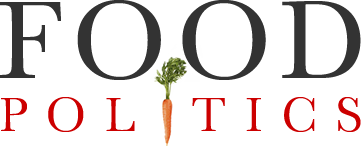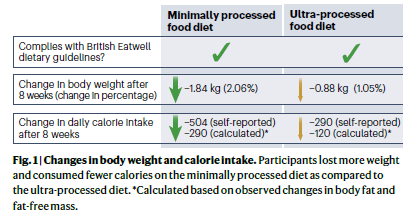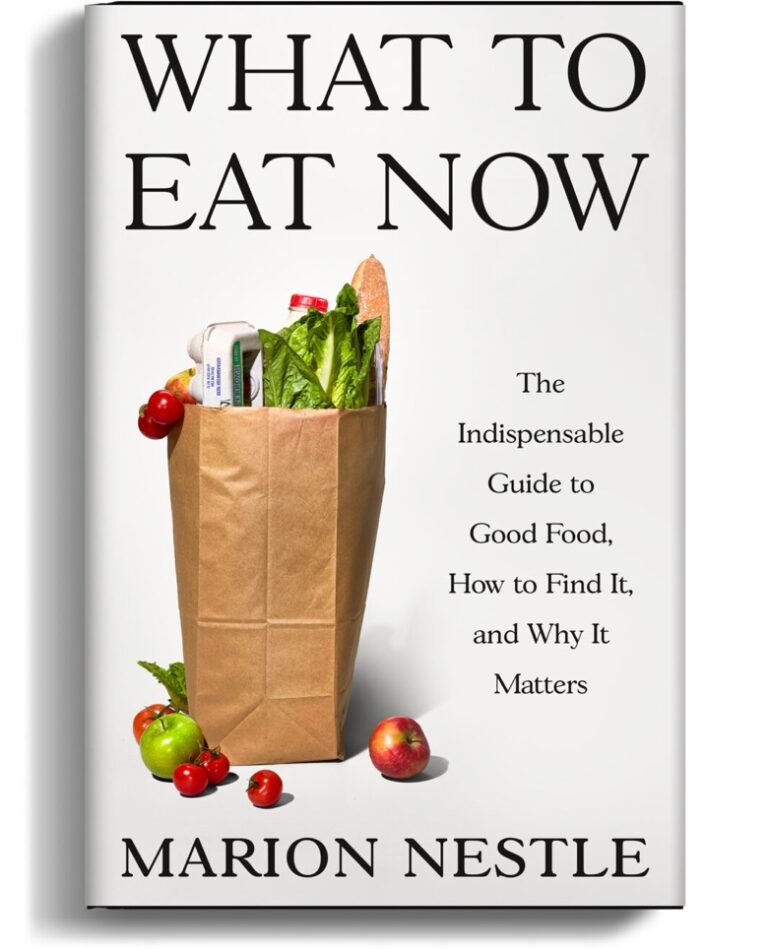|
Tuesday, August 26, 2025
Latest from Food Politics: Editorial: Ultra-processed diets promote excess calorie consumption
Subscribe to:
Post Comments (Atom)
Latest from Food Politics: Is the Dietary Guidelines' prioritizing of meat about industry lobbying or personal ideology?
In my post last week, “The government is actively promoting meat and dairy intake, ” I said The new Dietary Guidelines for Americans activel...
-
[New post] See Now, Buy Now: This Buck Mason Shawl Cardigan is One of the Best Men’s Winter SweatersBeau H. posted: " Perhaps you've experienced this phenomenon recently: Dealing with a frigid day without one of the...



.png)
No comments:
Post a Comment